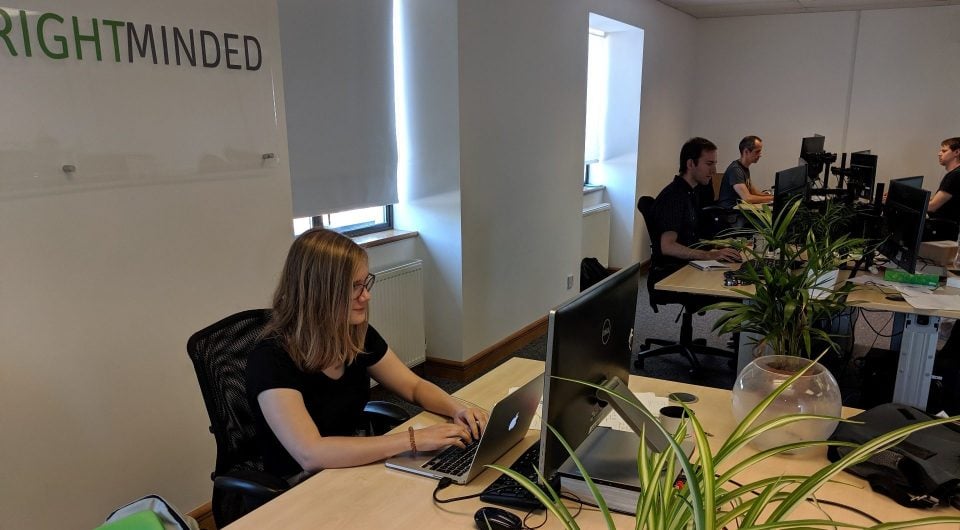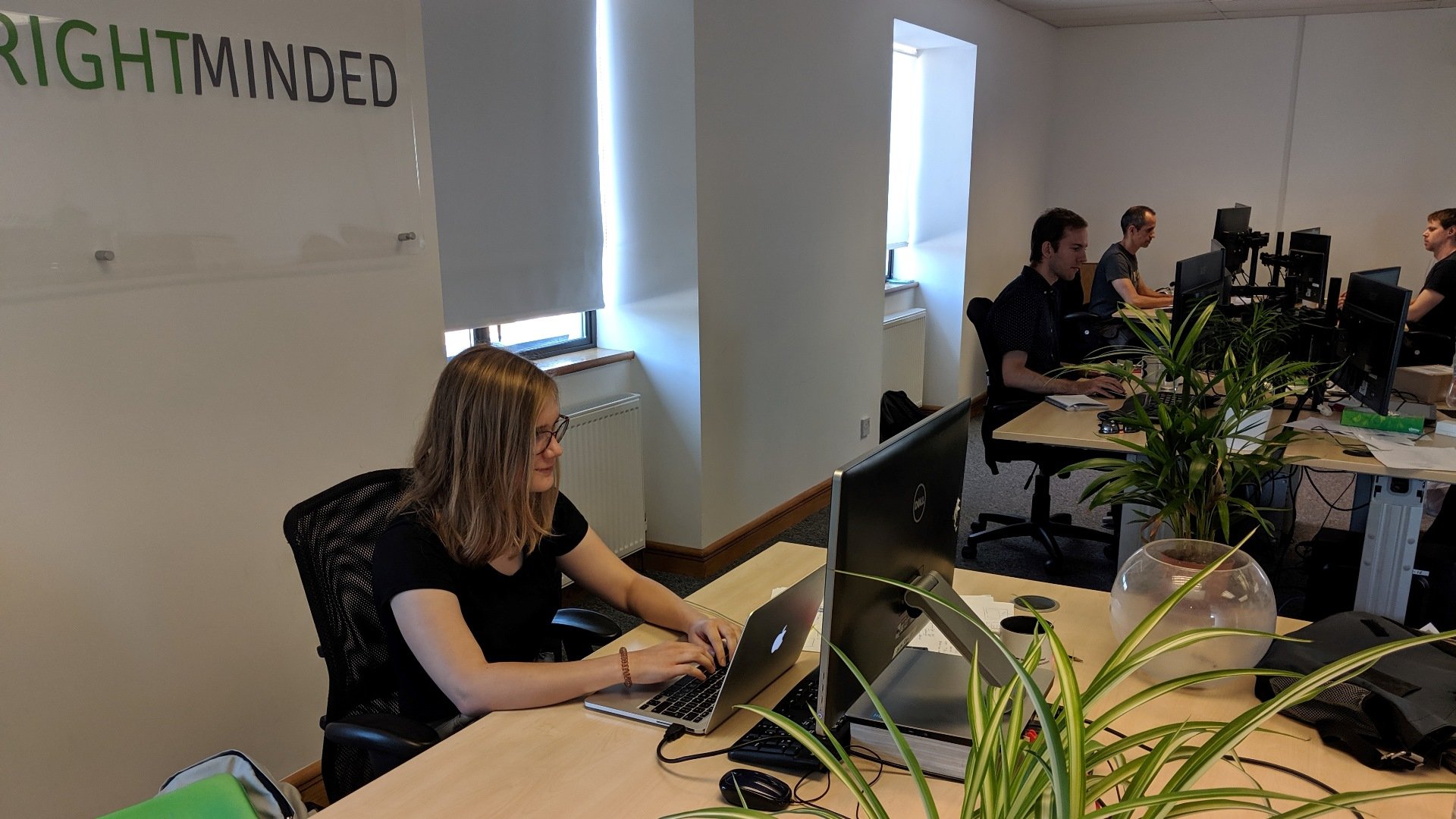Making the most of your work experience week
Having hosted six students over the summer, we thought we could use their and our experience to create some advice for students looking for work experience. Organisations hosting students may find these findings useful too.

What’s the purpose?
Doing a week of work experience may seem daunting. As a teenager going into a professional environment, you may feel nervous about being the youngest there. When you feel like this, it’s important to remember why you’re doing it and what you want to get out of it. Is it a field you’re particularly interested in? Or are you unsure about what you might want to do after school so you’d like to learn more about the field to see if it’s for you? Whatever the reason, it’s important to make sure you get the most out of your week.
Not all companies take the same approach when it comes to work experience. Many companies may not have you doing real work, but instead want to give you exposure to the world of work and help you build the skills required to complete tasks you may not be ready for just yet. We try to combine the two whenever we can at BrightMinded.

Preparing for your week
Before your first day, there are some things you can do to help leave a positive impression and, importantly, allow you to start learning as soon as you walk through the door. One thing that can really help is researching the company. Not all companies work in just one area, usually they have multiple areas in which they specialise. By researching exactly what the company does, you can decide which aspects interest you the most and can ask to learn more about them. Plus, it will reduce the chances of you being assigned a task that you find tedious or boring.
Another useful tip: if you’re unsure about anything, for example what you should wear, a phone call or email won’t go amiss. Not only will it show the company how important the week is to you by demonstrating you’re thinking ahead, but it may also mean you won’t feel as nervous on your first day since you know you’ve come prepared.
“During my week at BrightMinded I learnt the basics in multiple languages to help me make a database, which will be used to store the data from a form on the website. It was a lot of fun and all the employees were really helpful.”
Charlie, year 10, Bohunt School Worthing
It may be useful to bring some things along with you. For instance, a notepad and pen might be helpful to jot down terms you aren’t familiar with to research later. It also looks much better than getting out your phone to make notes during a work day. You may want to bring your own laptop so you’re familiar with the set up, but it is worth checking whether you need to as most companies provide hardware.
What could you work on?
To give you some concrete examples of what you could be doing at a software development company like BrightMinded, here is what our students focused on this year:
- Two students worked together and in parallel on perceptrons and neural networks, solving an And and Or function problem, optimising the parameters and learning a lot along the way.
- One created a clustering algorithm, while another solved several problems using Python.
- Using HTML, CSS and JavaScript our first student this year created a web-page to allow the following students to easily accept our Information Data Policy by reading the information online and clicking to give their consent.
- Our final student then enhanced this page using Flask and Python, allowing us to log on to the page and use a nice text editor to easily update the Policy itself.
After your week
After your week has ended it may seem difficult to keep learning, but there are ways to keep up your knowledge. Obviously, pushing yourself at school is always helpful with regard to your learning, but now you can apply the new knowledge you got from your week of work to help you see how what you’re learning at school can be put into real world practice. You can also ask to meet up with the people you worked with after you’ve left and ask them what new projects they’re working on and how they’re carrying them out.
“I very much enjoyed my week at BrightMinded. I improved the management of a web page using Python and learned a lot from the interaction with the friendly team of developers. Thanks!”
Isobel, year 12, Sir Henry Floyd Grammar School
Depending on what your work experience involved, you can find challenges or tests online to keep you up to date. For example, students who have worked with us may like to try CodePen Challenges to keep up their coding skills.
Finally, the best advice we can give you is to be confident. If you act confidently, you will likely be able to extract much more out of your week than if you stay in the background. Your co-workers will understand that you are new and want to help you, so don’t be afraid to make mistakes! You’ll learn from them and no one will think any less of you. Make sure you keep learning too, and maybe you’ll be able to go back again the next year!